
What Institutional Investors Can Learn From Amazon’s Market Performance
Amazon consistently performs well in the markets. What can institutional investors learn from this? Let’s find out.

Amazon consistently performs well in the markets. What can institutional investors learn from this? Let’s find out.
_(1)_(1)-crop-c0-55__0-44-273x206.png)
Anyone who has been involved in financing, owning, operating, or working at businesses in Africa has surely seen both the immense potential and profound challenges that lie within the continent.
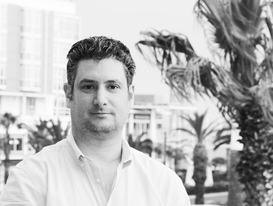
In the dynamic world of Venture Capital (VC), where investments can shape the future of industries, there's a fast-growing focus on more than just financial returns.
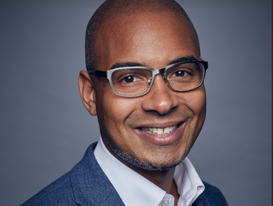
The South African political environment has just experienced a generational shift. The coalition government between the African National Congress (ANC) and its largest critic, the Democratic Alliance (DA), could reset the investment environment. The DA now controls several key cabinet appointments, including agriculture and home affairs. Despite the political complexity, many in the South African investment community feel optimistic about the change.
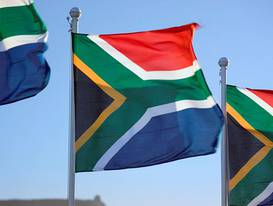
The total market capitalisation of the entire South African Exchange Traded Product (ETP) industry increased from R165.4bn at the end of 2023, to 178.2bn at the end of the first quarter of 2024, a rise of 7.7%.

Africa Global Funds’ Anna Lyudvig speaks with industry experts about the past year, expectations for the next 12 months and investment opportunities.
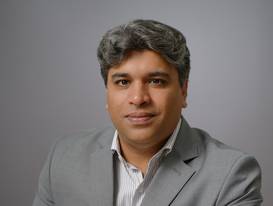
The seventeen UN Sustainable Development Goals (“SDGs”) which have been adopted by all members of the United Nations back in 2015 are considered as a set of rules which guide Private Equity Fund Managers to address social and environmental challenges in countries where they make investments. Generally, Fund Managers have played a vital role in helping emerging markets when it comes to achieving SDGs. For over a decade, several Fund structures along with their related entities which have been domiciled in Mauritius, have been actively involved and participate in the management of their respective portfolio companies. They work towards the implementation of strategies which ultimately bring value addition, growth and acceptable financial performance to those businesses.

In 2022, Mergence Investment Managers acquired a controlling equity stake in a portion of the innovative affordable rental housing group, Live Easy, through the Mergence Infrastructure and Development Equity Fund I.
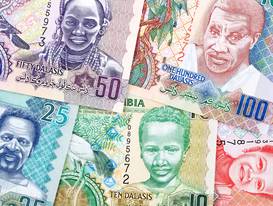
One of the main features of the African currencies is their dependence on their own idiosyncrasies, according to Matthew Ryan, Head of Market Strategy at Ebury.
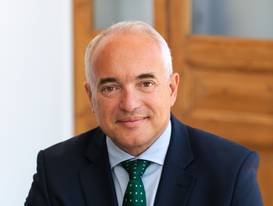
Initial Public Offering (IPO), Sale to Strategic Buyers, Secondary Market or Management Buyout (MBO) - each of these strategies has its own advantages and considerations, and PE firms seeking to deliver superior returns must choose the one that aligns best with their investment goals and the specific circumstances of the portfolio company, writes Albert Alsina, Founder and CEO, Mediterrania Capital Partners.
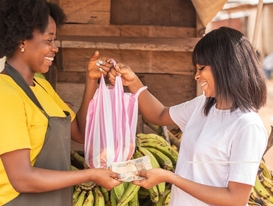
Verdant Capital Hybrid Fund has invested USD 9 million in LOLC Africa, promoting financial inclusion and job creation through the financing of Micro, Small and Medium Enterprises (MSMEs) in Africa.

Nicholas P. Piquito, CEO, Asset Management, African Alliance Group

The majority of African tech investors (71%) will not invest follow-on funding in a startup failing to provide them with regular reporting updates, according to a newly-released report from Wimbart, a PR agency specialising in tech & startup sectors across Africa and emerging marketsю

The first half of 2023 saw 263 VC deals take place in Africa’s venture ecosystem, allocating a cumulative $2.1bn of capital to 258 unique companies. This corresponds to a 40% decrease by both volume and value compared to the $3.5bn raised in 2022 H1. At slightly over $1bn raised each quarter, this contraction in startup funding is being referred to by some as a “funding winter” for African venture capital.